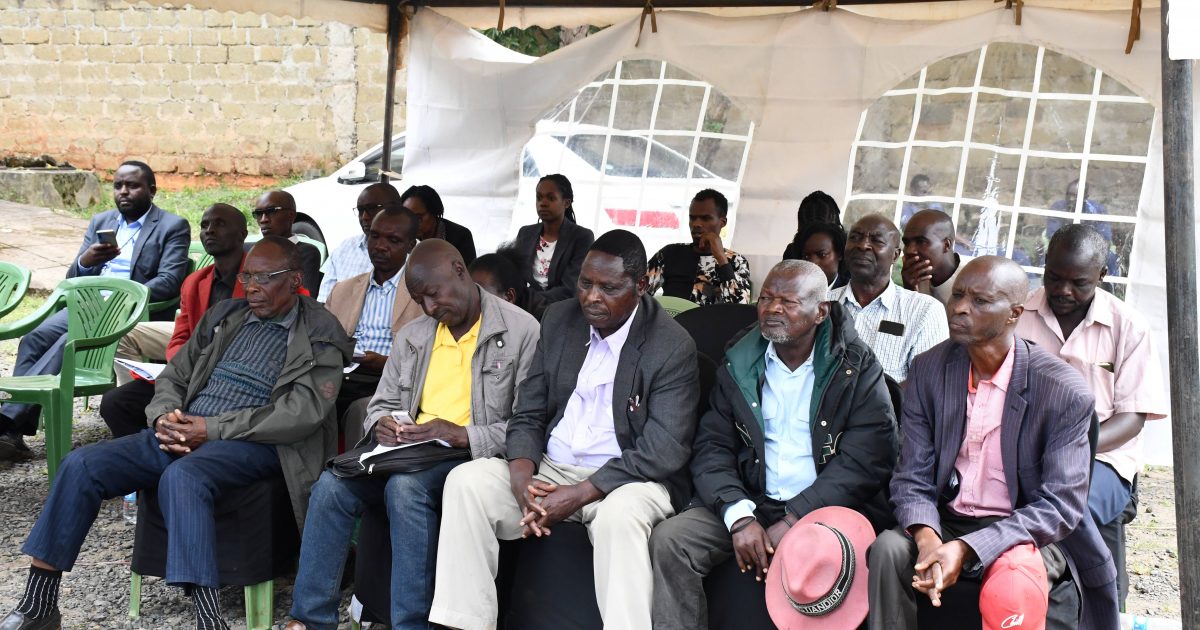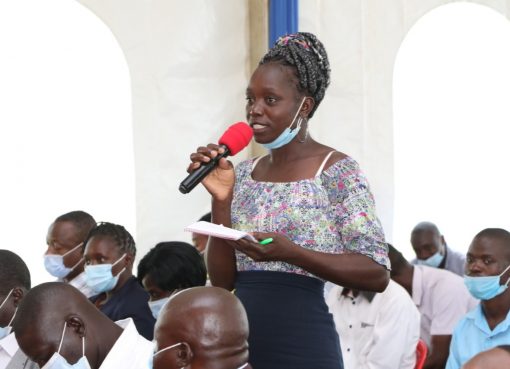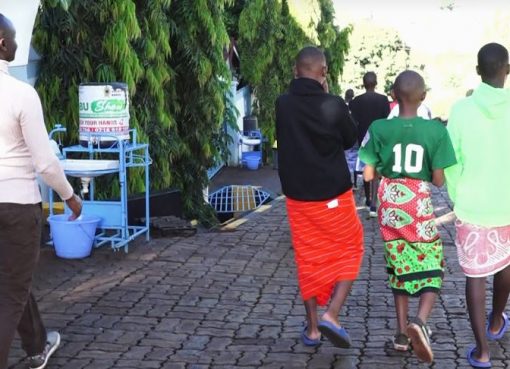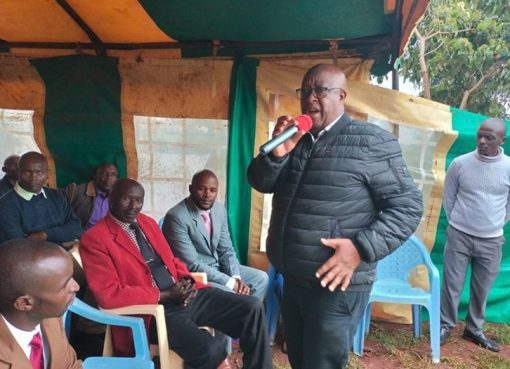Kericho residents have been encouraged to consider and embrace mediation as an effective alternative in resolving land disputes. Speaking during Kericho Environment and Land Court open day held at the Kericho Law Courts ground, Lady Justice Linet Omolo emphasized that mediation, as stipulated in law, offers a platform where parties involved in a dispute could sit down and agree on a settlement outside the court.
“In the working blueprint of the Chief Justice, we have something called social transformation through access to justice. This blueprint seeks to expand the doorways to justice, with mediation being one of those ways,” added Justice Omolo.
Omolo further acknowledged the crucial role played by mediators in facilitating the settlement of disputes, noting that their efforts have been instrumental in recording mediation consents in court. She shared that mediation has proven to be a reliable method for dispute resolution.
“In 2022, all three cases referred to mediation were successfully settled. In 2023, eight out of eleven cases were resolved, and in 2024, four out of seven cases were settled. This year, we have already referred two cases to mediation, and the process is ongoing,” she emphasized.
The Judge encouraged the public to consider mediation at any stage of a case, even if the matter is already before the Court.
“It is only through mediators that mediation consents are able to be recorded in court,” she added.
Also present during the occasion was the Presiding Judge, Dr. Joseph Sergon, who highlighted the importance of mediation as outlined in the Constitution, emphasizing the judiciary’s responsibility in promoting alternative dispute resolution mechanisms, including mediation, as per Article 159(2)(c).
“Mediation cuts across all disputes, and it is not limited to land matters alone. You can use mediation in all types of cases, including divorce. I also want to recognize and acknowledge the role of elders of the Kipsigis community, particularly in land succession matters, where an established alternative dispute resolution mechanism has seen an 88 percent success rate in settling disputes this year,” Dr. Sergon explained.
Dr. Sergon further revealed that the Court would implement a County Action Plan, aimed at training mediators across all five Sub-counties of Kericho County. Additionally, he informed the public about plea agreements available for criminal matters, as permitted under Sections 176, 204, and 137 of the Constitution of Kenya.
The Chief Magistrate, Tito Gesora, also reiterated the importance of mediation, encouraging the public to embrace it due to its efficiency in resolving disputes.
“Mediation is an effective tool for resolving disputes quickly,” he said.
Deputy Registrar of Mediation, further emphasized how mediation helps litigants reconcile.
“In courts, one wins and another loses, but in mediation, everyone wins,” she explained.
Fredrick Nyakundi, who is the Deputy Registrar of the Environment and Land Court, added that the Court process can be lengthy, whereas mediation offers a quicker resolution.
Members of the public were also encouraged to seek mediation services at the grassroots level. Moses, a local resident, suggested that mediation services be extended to Sub-county levels, particularly where many land disputes arise at the Chief’s level. “If mediation teams were present at the grassroots, it would help resolve cases more swiftly,” he said.
The meeting was attended by various stakeholders, including members of the Law Society of Kenya, Kirui Evans (Secretary) and Joash Mitei (Chairperson), Joeline Chebet (Administration Officer, National Land Commission), and Rhoda Kanyi (DCIO, Kericho) among others, all of whom echoed the importance of embracing mediation. In their remarks, they encouraged the public to utilize mediation not only for land disputes but for other types of conflicts as well.
As the discussion on mediation continues to gain momentum in Kericho, it is clear that this alternative dispute resolution mechanism is becoming an integral part of the legal system, offering a more efficient and amicable way to resolve conflicts.
By Hillary Kemei and Gilbert Mutai





